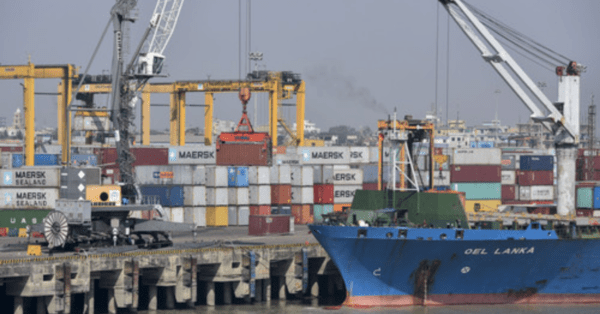
Cargo handling up, container handling down in Chittagong Port
Container handling at the country’s major seaport Chittagong Port has seen a slight decline in FY 2022-23, but cargo handling has increased due to various

Container handling at the country’s major seaport Chittagong Port has seen a slight decline in FY 2022-23, but cargo handling has increased due to various
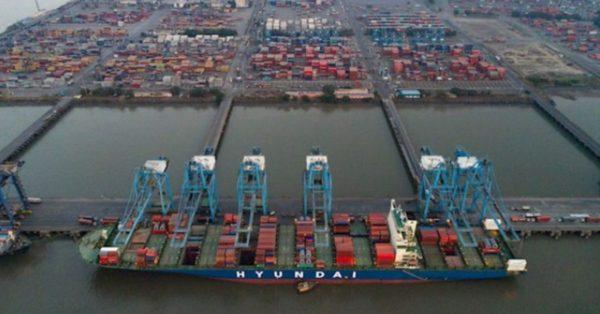
“During June 2023, the major ports handled 64.63 million tonnes of cargo against 65.93 million tonnes handled during the corresponding period of last year. The
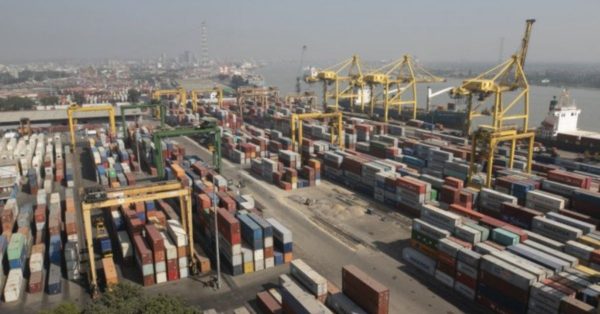
The port users, shipping agents, and the Chittagong Port Authority (CPA) are in a tussle over a recent instruction issued by the port authority on
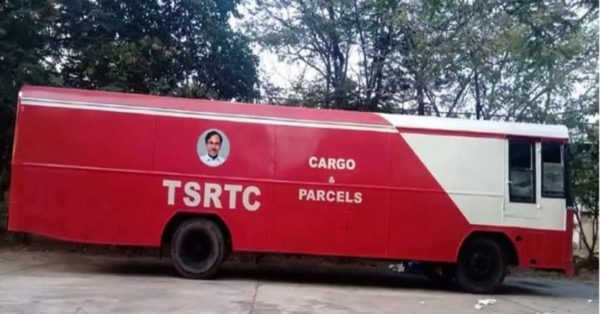
Now exporters/importers can book their parcel or cargo with Telangana State Road Transport Corporation (TSRTC) in 25 locations across greater Hyderabad. TSRTC chairman Bajireddy Govardhan
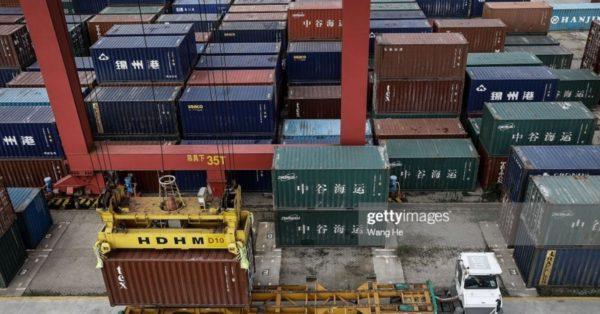
China’s strict COVID-19 quarantines are making it difficult for ships to change crews, contributing to lags in the shipping process that could worsen the supply chain crisis. The
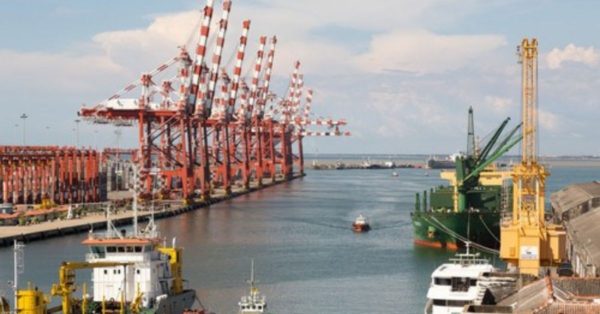
Colombo International Container Terminal, a unit of China’s CM Ports group has proposed a 200 million US dollar cargo services centre inside Colombo Port, cabinet
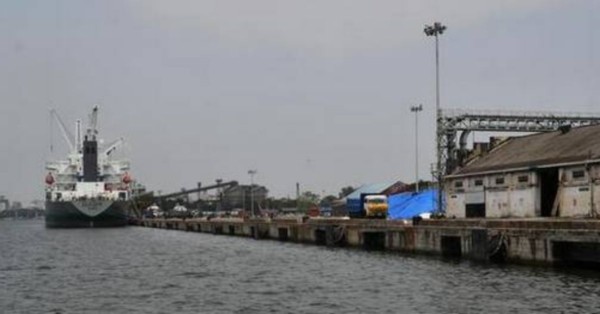
A dry cargo handling, storage and allied facilities; a cryogenic warehousing facility utilising cold energy generated at the LNG terminal; and hospitality facilities are among
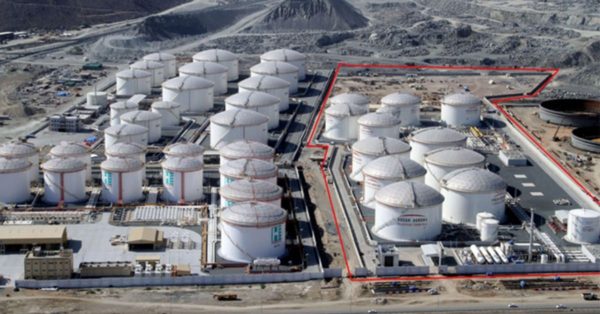
An expanded container terminal at Fujairah Port was inaugurated on Sunday after an investment of Dh1 billion ($272m). A number of new structures have been
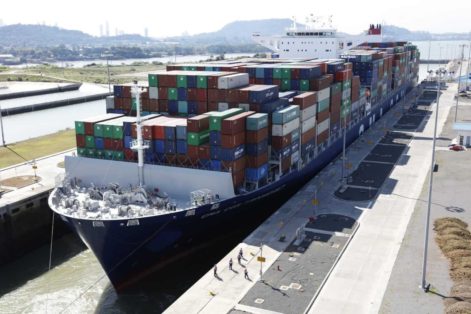
Latvian airline airBaltic is to build its Baltic Cargo Hub at the country’s principal airport, Riga (RA), as it looks to boost e-commerce and mail volumes.
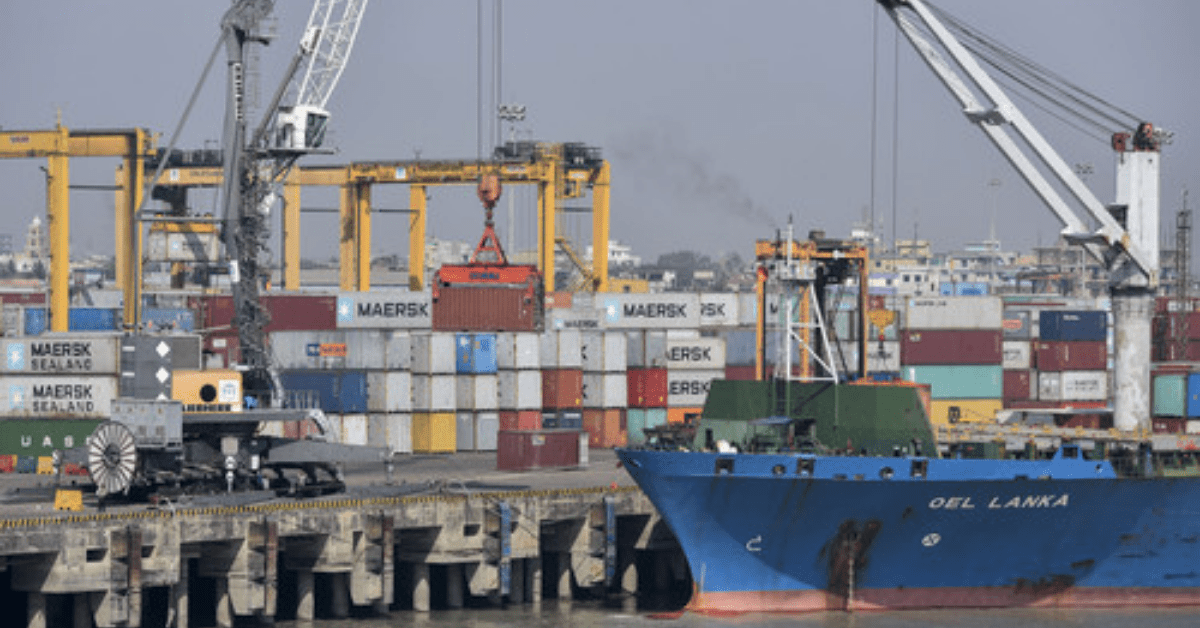
Container handling at the country’s major seaport Chittagong Port has
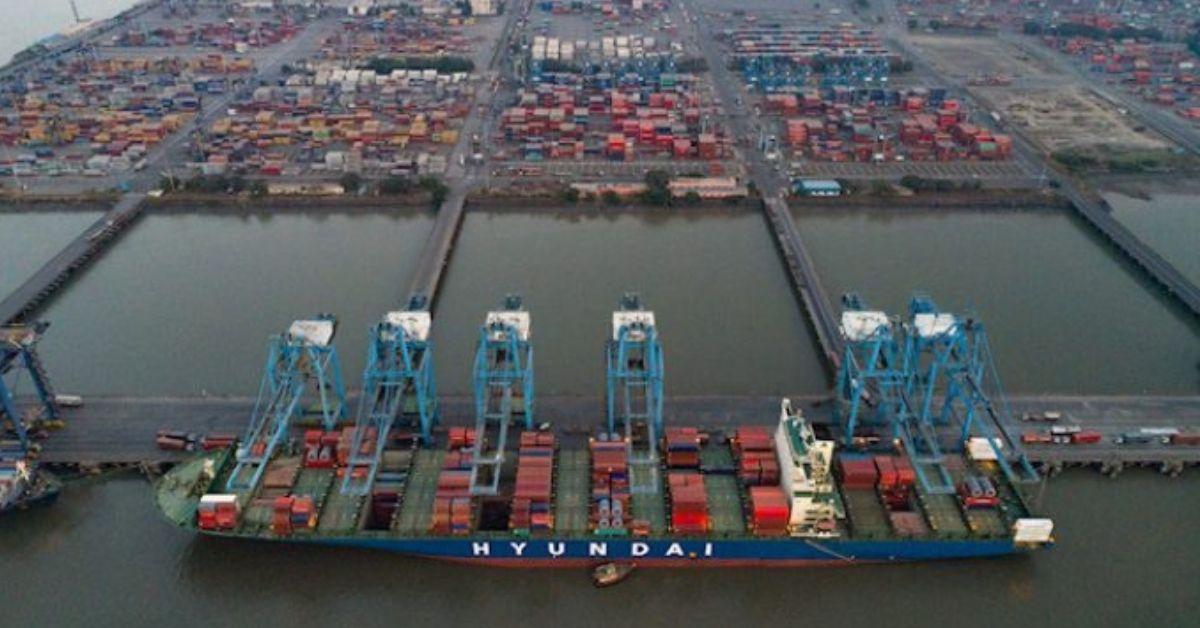
“During June 2023, the major ports handled 64.63 million tonnes
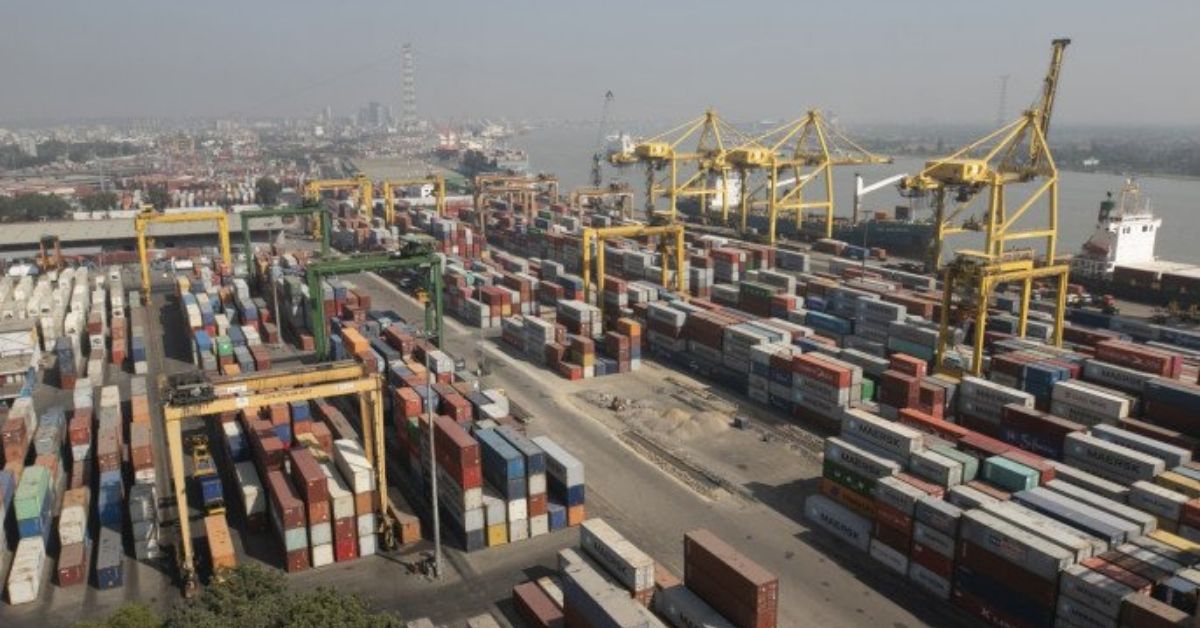
The port users, shipping agents, and the Chittagong Port Authority
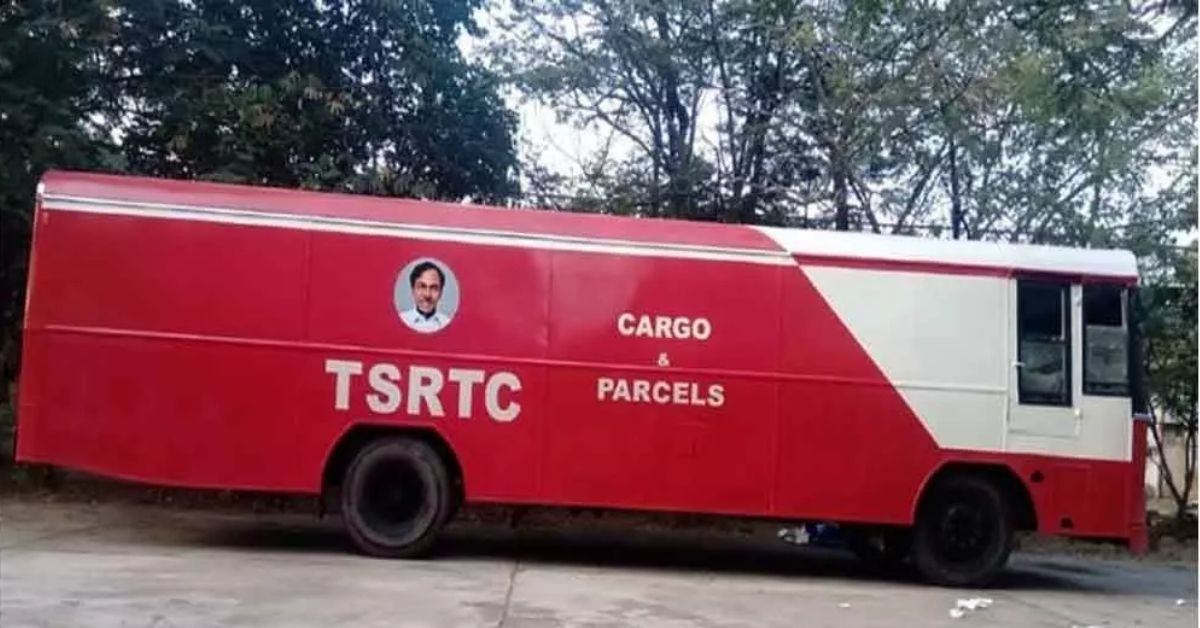
Now exporters/importers can book their parcel or cargo with Telangana
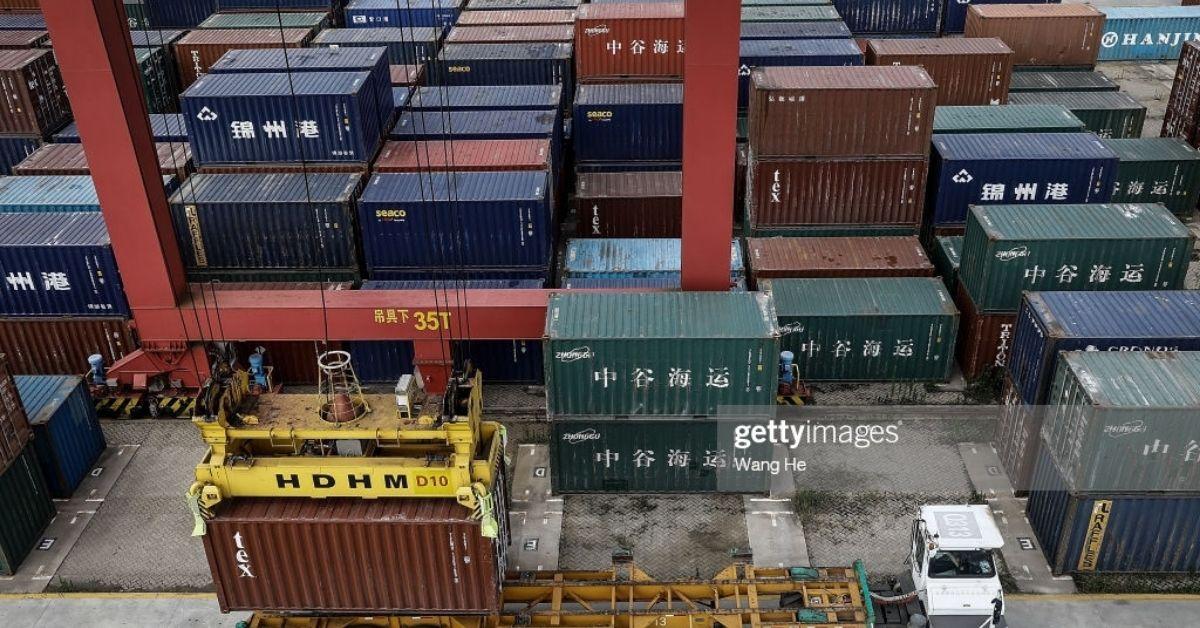
China’s strict COVID-19 quarantines are making it difficult for ships
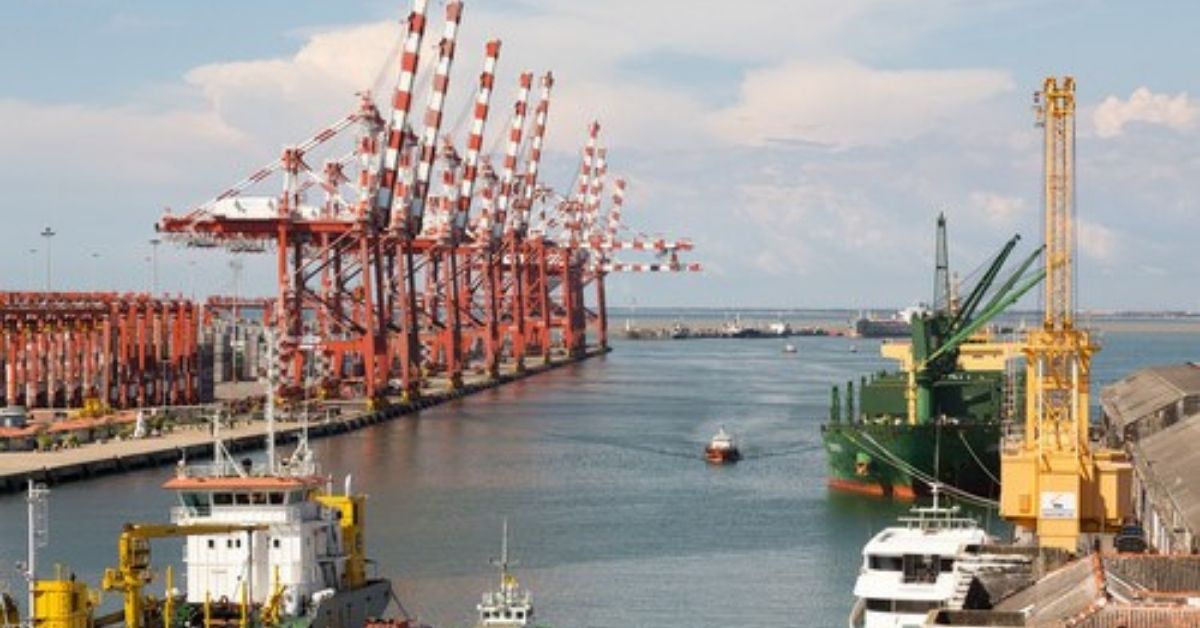
Colombo International Container Terminal, a unit of China’s CM Ports

A dry cargo handling, storage and allied facilities; a cryogenic
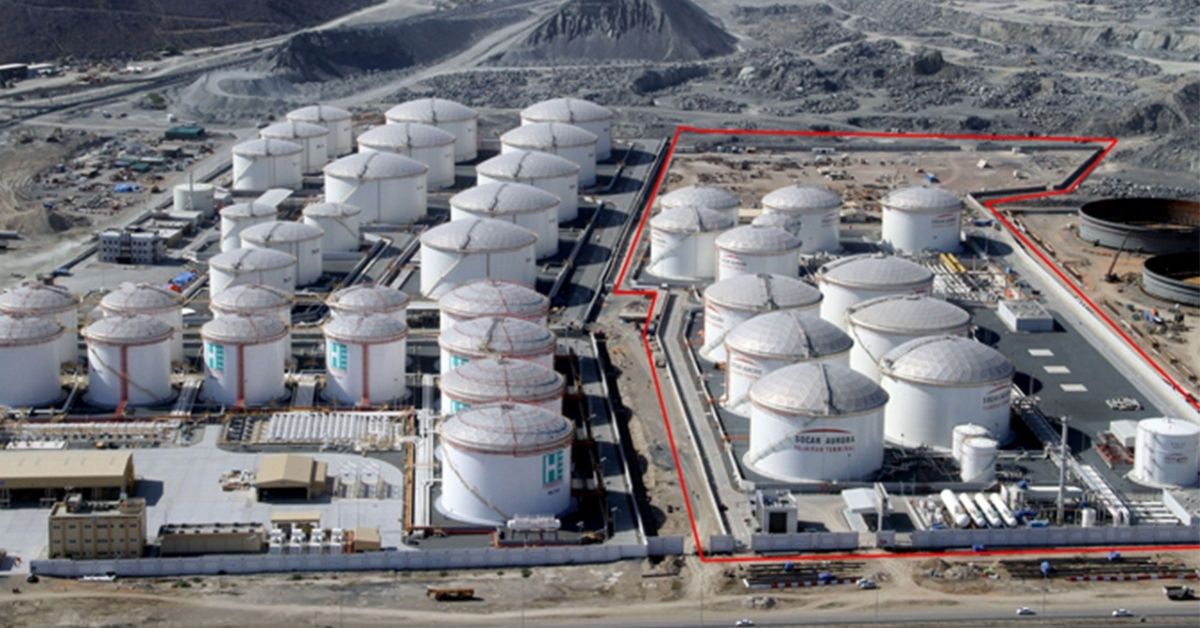
An expanded container terminal at Fujairah Port was inaugurated on
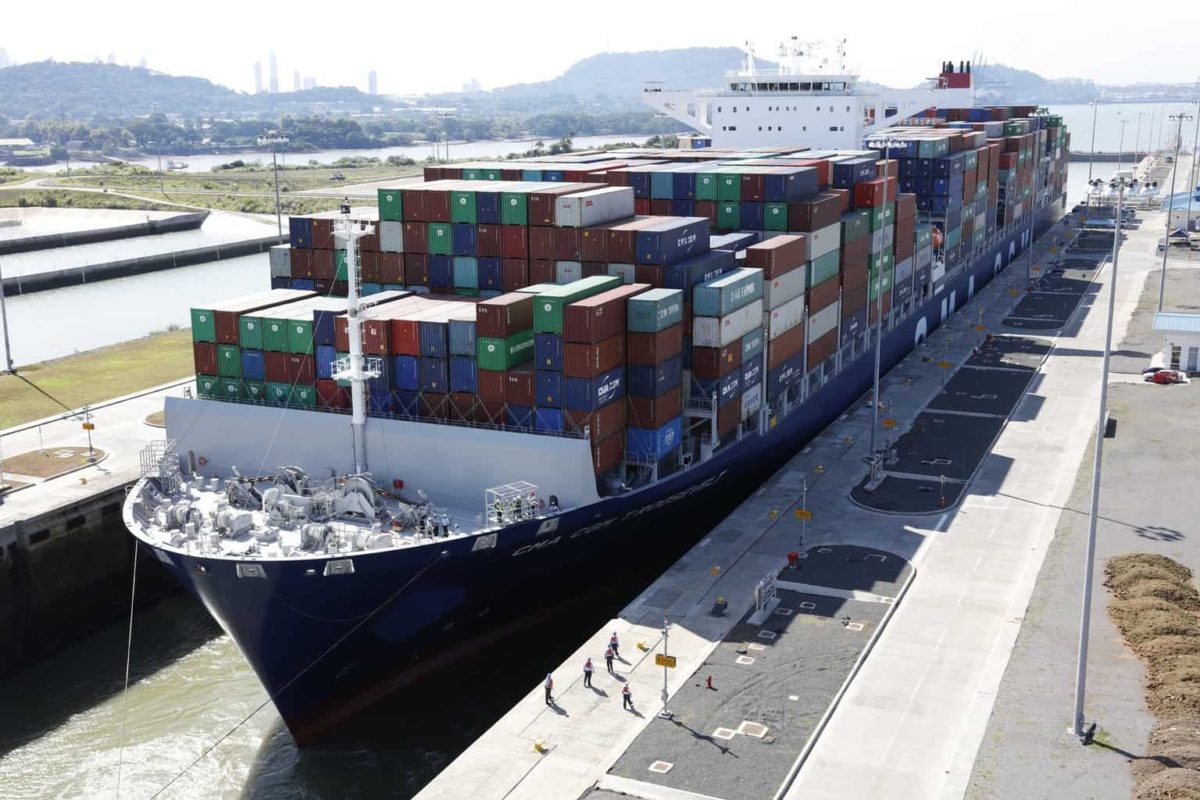
Latvian airline airBaltic is to build its Baltic Cargo Hub at